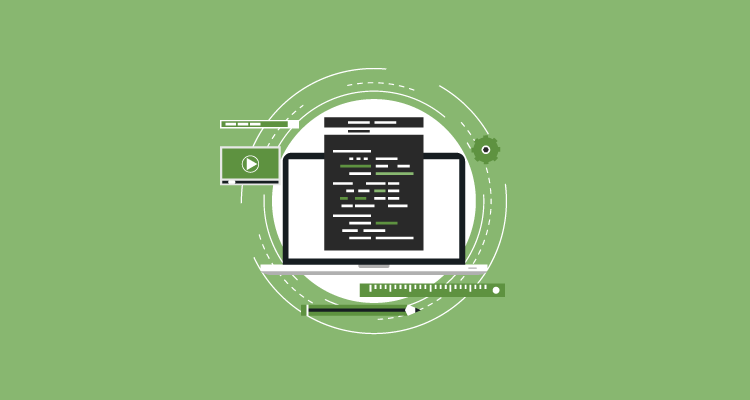Apps are the way business gets done in the 2010s. But building them takes a special skill set that many entrepreneurs don’t have. If you have a great idea for an app but don’t know how to build it yourself or where to start, follow along with this guide to build an app even if you can’t code.
Table of Contents
ToggleHire a coder
The first place to look when you need to build an app but don’t know how on your own is a coder who already knows how to build an app. There are a few routes you can take here depending on your budget, timeline, and goals. The cheapest place to start is an online marketplace like Fiverr or UpWork, but sometimes you get what you pay for.
I have worked with about a dozen developers on UpWork over the years. I generally find the best results come from developers in Eastern Europe. Think countries like Ukraine, Czech Republic, Romania, Poland, and Croatia. Online freelancers in this region are more likely to speak English and deliver a high quality product. These workers tend to be much cheaper than the United States, but more than places like India and Philippines.
Indian and Filipino developers are best when you have a very limited budget, but expect a lot of handholding, some fixes, and very detailed instructions if you want to see a successful result. Of course, you can always hire a US based worker where you are likely to get the best results, but you’ll pay a lot more for an American than most foreign locations.
I am using this strategy currently to build the app Community Sharer, a new platform for curated sharing on social media from a list of trusted, community sites. We are still adding features and putting the polish on, and I have budgeted 5 hours per week of developer work from the team in India to keep the project going. My Kosher Fish apps for iOS and Android were built similarly, though by a team in Ukraine.
Build a team
If you want to build a long-term business, hiring workers for one-off projects on an hourly basis across the world isn’t the most sustainable or logical way to go. Instead, you can bring on a partner to build the app while you focus on the parts of the business where you can contribute to success.
This is the strategy I am using for my financial technology startup, Money Mola. We are a dispersed team with a developer in Michigan, a marketing leader in Chicago, and me here running the show from Southern California. By partnering with a great team, I don’t have to pay a developer out-of-pocket. However, the developer owns a meaningful share of the business, and a stake of future profits. This costs me less personally in the short-term, but possibly quite a lot more in the long-term.
But in exchange for handing over a percentage of the business, the developer has some skin in the game. If the business succeeds, he succeeds along with it. Because his ownership stake is worth more if the app is a hit, he is motivated far more than an hourly worker to build a high quality product.
Finding a co-founder is not always easy, however. I found the original co-founder for Money Mola on a site called Founder Dating. He eventually dropped out, and I found a new developer through my network (friend of a friend). I’m also working on some new projects like Mastermind Hunt and Podtuber with co-founders who share a portion of the equity.
Learn to code
Last but not least, there is always a do-it-yourself method. I self-taught myself how to code in HTML, CSS, and PHP and built a successful WordPress theme development and support business out of it. At one point, it was generating 20% of my income with no formal training. I have since walked away from the business to focus more on writing, but I couldn’t have quit my old day job without it!
You can learn to code for free through sites and apps like Codecademy, SoloLearn, and W3 Schools. For PHP apps, I’m a huge fan of Laracasts as well. But if you really want to boost your skills to professional level, you may be best served by an online course, like one from Udemy, or an in-person coding bootcamp.
Once you know how to code, there is no limit to what you can build. These are hugely in-demand skills for freelancers, plus you can build your own projects that may just turn into a lifestyle supporting income. If you can make money from your app when you sleep, you’re doing it right.
Build your app
If you want to build an app, there is nothing holding you back other than some time and your own self-doubt. Just give it a try. The worst case is you invest in something that doesn’t earn a profit, but teaches you valuable lessons. The best case is a new path to sustainable income. If you can do that, you are a winning online entrepreneur!














